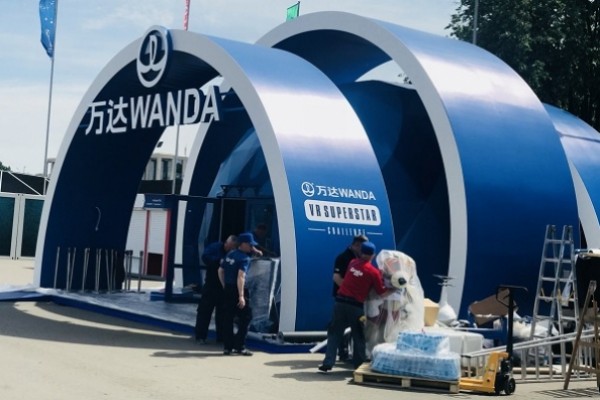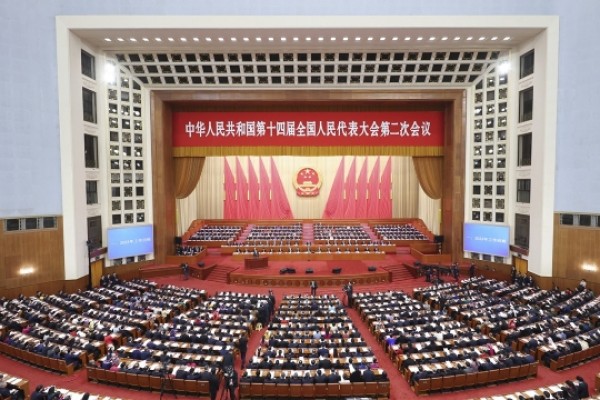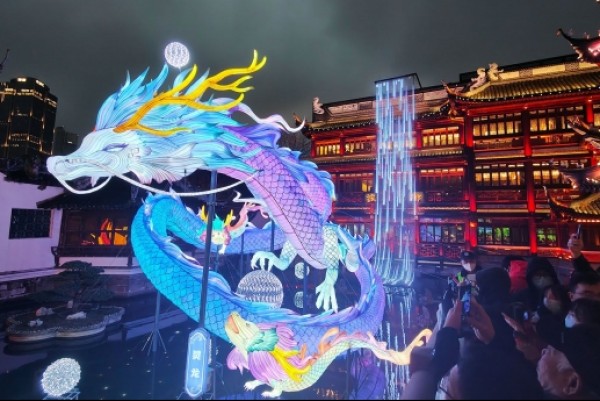On the contrary, this year’s World Cup is showing to be an extremely big deal in the most populated country in the world. Youku, Alibaba’s video streaming platform, has partnered with China Central Television (CCTV) to stream all of the upcoming 64 World Cup matches, free of charge for its users.
Giant sculptures of football stars Neymar, Messi and Ronaldo are being installed in city squares all around China. People’s Daily reports that many companies in Chongqing, Chinese megacity, have implemented flexible morning-off work days for their employees during the World Cup, for them to make the most of their all-night football watching experience.
Prior to the first game kick-off, Giant Panda Conservation and Research Centre in Sichuan Province organized the Panda Football World Cup with 8 one-year-old giant pandas as contestants, with live television coverage.
Having this in mind, some of China’s biggest brands, recognised this year’s largest media event and spent record USD 1 billion on promotion during this one-month event, more than any other country. Commercial property company Wanda Group, television and appliances maker HiSense, smartphone manufacturer Vivo, electronic scooter maker Yadea and China Mengniu Dairy all signed deals with FIFA as sponsors for the event. Chinese brands account for more than a third of the estimated USD 2.4 billion in advertising spending worldwide related to the month-long tournament so far, with some experts indicating that additional USD 800 million will be spend.
China qualified for only one World Cup in 2002, but is heavily investing in this sport last couple of years. China has signalled that it wants to host the tournament in the near future with President Xi Jinping being one of the biggest promoters of football in China. Two biggest stars, Messi and Ronaldo, are one of the most commonly seen figures in Chinese TV ads, and it is no wonder that both Portugal’s and Argentina’s national teams have signed lucrative promotional deals with several Chinese brands.



